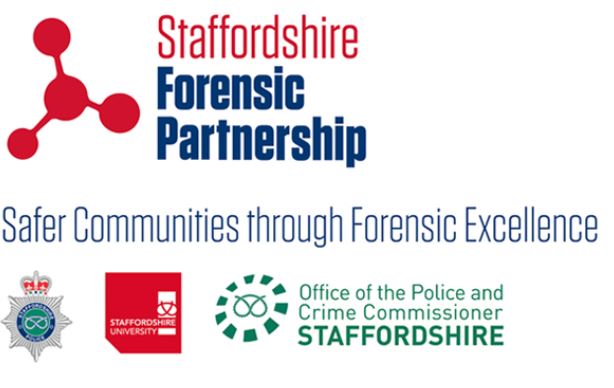
Brang Aung (Student)
Sally Brayshaw, a mother of six, was recovering from bowel surgery and had chronic back pain, depression and other mental health problems. In August 2012, she went to see her doctors at the Apsley Surgery in Stoke-On-Trent for treatment and to discuss her severe depression.
It is alleged that the GP, Dr Thomas O’Brien, offered her an “alternative healing method”. Mrs Brayshaw stated that she presumed that it would be something like acupuncture. Instead Dr O’brien, who followed a Pentecostal form of Christianity, allegedly tried to indoctrinate her with his religious beliefs. Mrs Brayshaw claimed that he spoke to her in tongues and told her she was possessed by demons.
Mrs Brayshaw alleges that Dr Obrien gave her religious gifts and invited her a religious meeting where a preacher told a nightmarish tale involving witch doctors and owls. She was later asked to come to the front of the room by the preacher and to hold her hands out. Dr O’brien blew on her and commanded the demons to leave her body.
Mrs Brayshaw was awarded damages in the region of £12500. She sued the GP surgery for ‘deliberate infliction of harm, negligence and harassment’. The barrister, Justin Levinson, acting on behalf of Mrs Brayshaw, claimed that the surgery was ‘vicariously liable’ for Dr O’Brien’s actions and alleged that the ‘manipulation’ of Mrs Brayshaw occurred within the context of Dr O’Brien’s duties as a GP. The Surgery’s partners denied that he breached his duty as a doctor and alleged that Mrs Brayshaw’s symptoms may not be connected to the incidents. They also said that even if there was a breach, they were not liable to pay damages caused by Dr O’Brien as he was not an employee of the surgery and was an ‘independent contractor’, hence the surgery was not responsible for his actions.
The Judge found against the surgery.
What is vicarious liability?
Vicarious liability is where an employer is liable for a wrong committed by its employee while acting in ‘the course of his employment.’
There are three factors that must be satisfied in order to find an employer vicariously liable:
- There must be an employer-employee relationship which must be distinguished from an employer’s relationship with an independent contractor;
- The employee must have committed a tort; and
- The tort must have been committed while the employee is acting in the course of his/her employment.
If the above matters are satisfied, then the employer will be liable for the actions of its employees.
Here at Staffordshire University Legal Advice Clinic, we have a number of employment law experts. The legal advice clinic run by its law students can advise on all areas of employment law. Please call 01782 294800 for an appointment.
 ” ‘Nurdles’ are the building blocks for most plastic goods, from single-use water bottles to televison sets. These small pellets – normally between 1mm and 5mm – are classed as a primary microplastic alongside the microbeads used in cosmetic products – they’re small on purpose, as opposed to other microplastics that break off from larger plastic waste in the ocean.”
” ‘Nurdles’ are the building blocks for most plastic goods, from single-use water bottles to televison sets. These small pellets – normally between 1mm and 5mm – are classed as a primary microplastic alongside the microbeads used in cosmetic products – they’re small on purpose, as opposed to other microplastics that break off from larger plastic waste in the ocean.”


 “The prospect of a no-deal Brexit has led to some dystopian predictions about what might happen if the UK leaves the EU without a transition plan in place on March 29.
“The prospect of a no-deal Brexit has led to some dystopian predictions about what might happen if the UK leaves the EU without a transition plan in place on March 29.
 Mica Tolosa-Wright,
Mica Tolosa-Wright, 


